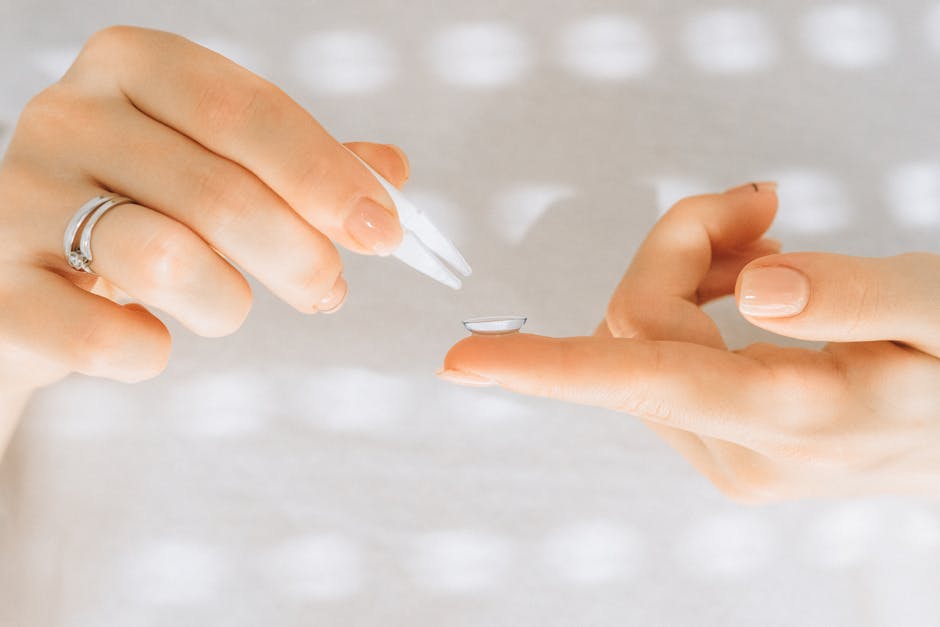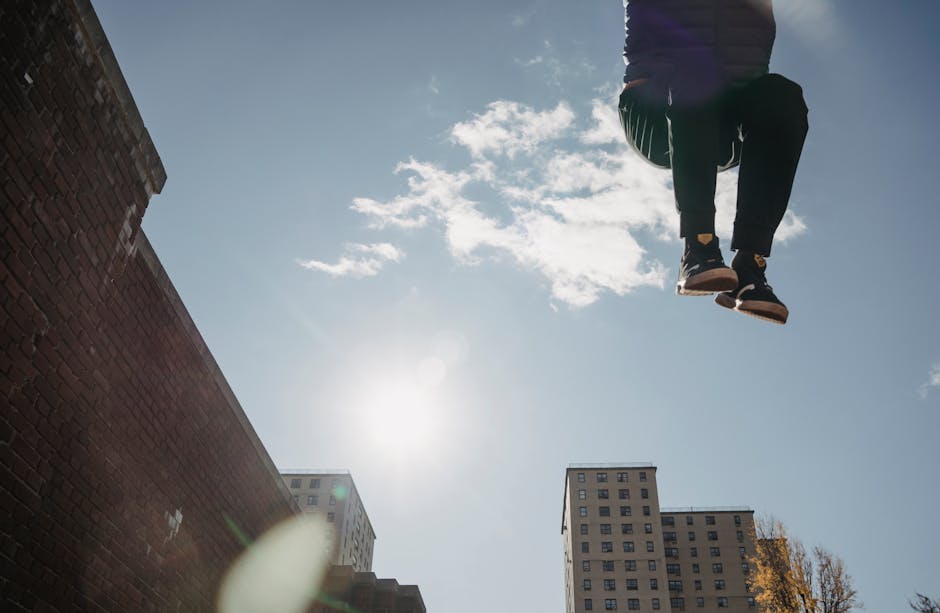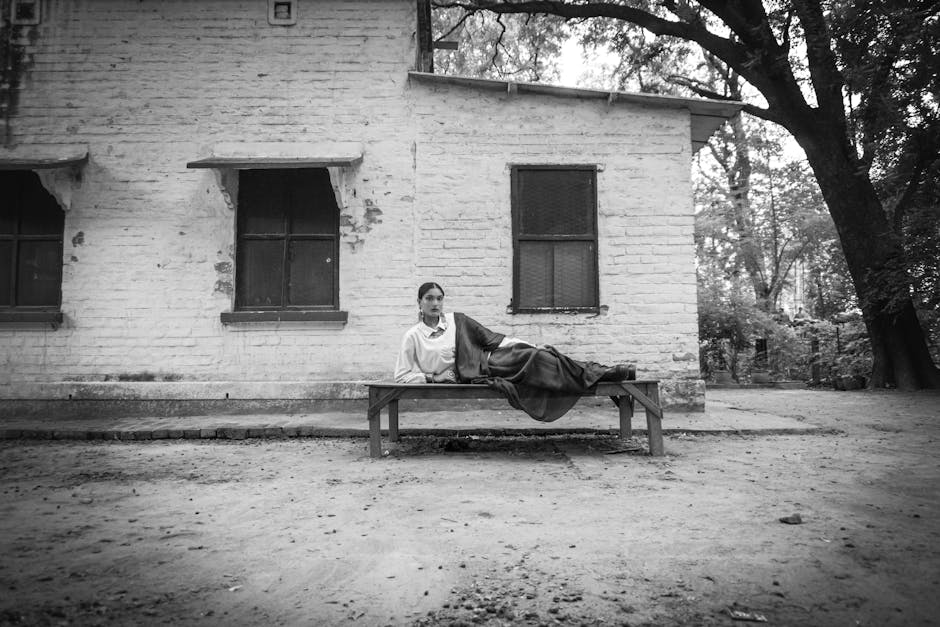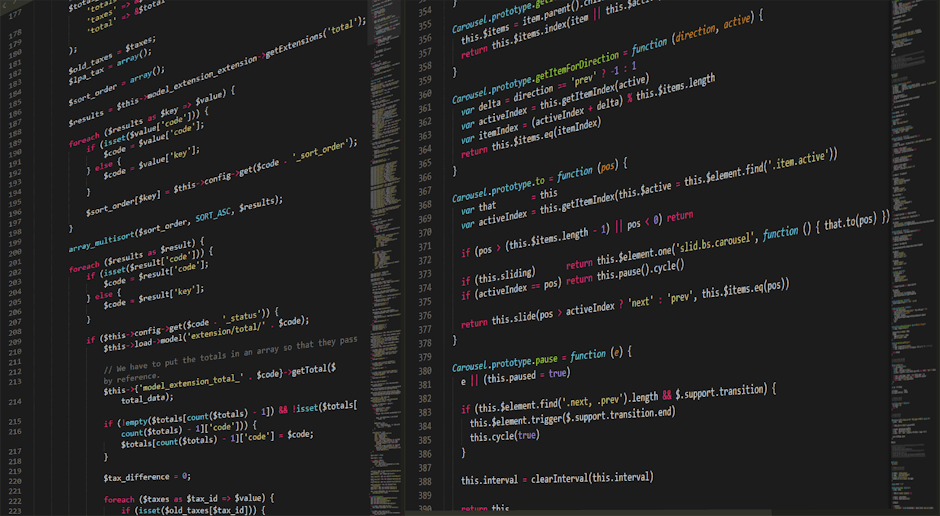
It’s 2025, and seriously, what a time to be alive, right? Everywhere you look, there’s always something to talk about. But lately, I’ve been thinking a lot about “removal.” Yeah, sounds a bit clinical, a bit cold maybe, but bear with me. It’s not just about tossing old socks or deleting emails. No, it’s bigger than that. It’s a whole vibe, a way of living that’s, well, kind of important these days. We’re living in a world that just keeps piling stuff on us, literally and figuratively. So, getting rid of things? It’s a skill, a necessary one.
I mean, just look around your own place. The garage, the attic, even that junk drawer in the kitchen. It’s a battlefield of forgotten dreams and things you thought you needed but, turns out, you totally didn’t. And it’s not just the physical clutter that weighs us down, is it? We’ve got digital stuff, too. Emails from 2008, photos you forgot existed, apps on your phone you haven’t touched since that one time you thought you’d get into pottery. All that digital debris? It’s real. It takes up space, not just on your hard drive, but in your head, I reckon.
Think about it. We’re constantly told to acquire, to upgrade, to keep up. But what about the other side of that coin? What about letting go? It’s like, society’s got this massive shopping cart, and we just keep throwing things in it, without ever stopping to actually empty it out. And by 2025, with everything moving at hyperspeed, the idea of just, like, getting rid of things has become a quiet revolution. A lot of people, they’re finally getting it. The less you have, sometimes, the more you have, you know?
The Great Unburdening: Tackling the Physical
So, let’s talk about the physical stuff first. Because, for many of us, that’s where it all starts. That spare room, the one that somehow became a graveyard for forgotten projects and half-read books? Or the shed outside, where tools went to retire and never be seen again? We accumulate, and it’s natural. We buy things with good intentions, or we inherit things, or we just keep things because “what if?” What’s interesting is that “what if” question almost never comes true. That old appliance you’re holding onto, the one you think you might fix one day? It’s probably going to sit there until it’s even older.
In my experience, a lot of what holds us back from getting rid of stuff isn’t laziness, actually. It’s often emotion. That broken chair was grandma’s. Those old clothes, they remind you of a different time. It’s tough to cut ties sometimes. But then, you realize that grandma’s memory isn’t tied to a dusty chair. It’s in your heart, right? And those old clothes? They aren’t helping you live your best life now. Sometimes, just sometimes, removing these physical items opens up space for something new. Not just physical space, but mental space. You breathe easier, honestly. I’ve seen it happen.
And it’s not just about your personal belongings. Sometimes it’s bigger. Like, what about that old couch that’s seen better days, the one you keep tripping over? Or the pile of old car parts in the yard that’s just sitting there, gathering rust? In 2025, there are more ways than ever to get rid of this bigger stuff. From services that haul away literally anything to community efforts for recycling obscure materials. It’s not just about throwing things in a dumpster anymore. It’s about conscious disposal, making sure your old stuff doesn’t become someone else’s problem. A lot of people are getting smarter about this.
Digital Decluttering: More Than Just Deleting Emails
Okay, so physical stuff is one thing. But the digital realm? That’s a whole other beast. We live so much of our lives online now, right? And just like our homes, our digital spaces can get ridiculously cluttered. Think about all those accounts you made for one-off purchases or free trials. Are they still active? Do they have your data? Probably. What about that mountain of old photos on your cloud storage, duplicates of duplicates? Or the literally thousands of emails sitting in your inbox from years ago?
This digital detritus, as I like to call it, it’s not harmless. It slows down your devices. It makes it harder to find what you actually need. And honestly, it’s a privacy risk. Every old account you have out there is a potential doorway for someone to get to your data. Scary thought, isn’t it? So, removal here isn’t just about making things neat; it’s about cybersecurity and peace of mind.
I mean, who among us hasn’t felt that little jolt of dread when you see how many notifications you have on your phone? Or how many unread emails are in your inbox? Taking the time to go through and delete old accounts, unsubscribe from newsletters you never read, organize your photos – it’s a form of digital hygiene. It’s like tidying up your brain, really. And in 2025, with AI tools popping up that promise to help you categorize your files or find redundant data, it’s actually getting a bit easier. But you still gotta put in the work. You can’t just rely on some bot to make your digital life spotless. It’s your data, after all.
Beyond the Tangible: Letting Go of What We Carry
Now, this is where it gets a bit more, well, fuzzy. But it’s probably the most important kind of removal we can do. What about those old habits that don’t serve you anymore? Or the negative thought patterns that keep looping in your head? The grudges you might be holding, or the expectations that are just too heavy to carry? These aren’t physical objects. They’re not digital files. But they weigh you down just as much, if not more.
Removing these things? It’s a process. It’s about recognizing them first. Like, you can’t throw out a broken chair if you don’t realize it’s broken, right? Same with these intangible things. Maybe you have a habit of always saying “yes” when you really mean “no,” and it leaves you feeling drained. Or maybe you’re always comparing yourself to others, which just makes you feel crummy. Getting rid of those patterns isn’t easy. It requires some real introspection, some honest talks with yourself. It’s hard work, but the payoff? Immense.
I believe that true freedom comes when you’re not just light on possessions but light on burdens. The kind of burdens that live in your mind. This could be anything from old beliefs about what you “should” be doing to fear of trying new things. So much of what holds us back is just mental clutter, the same as that pile of old magazines in the corner. If you can get rid of it, you might just find a whole new path opening up.
The “How” of Letting Go (It’s Not a Straight Line)
Okay, so we’ve talked about what to remove, but how do you actually do it? And no, I’m not gonna give you a step-by-step, bullet-point list. Life’s messier than that, right? And so is this.
Sometimes, it starts with one small thing. Like, picking up that one shirt you haven’t worn in two years and just deciding, “Nope, this is going.” And once you do that, it creates a little ripple effect. Maybe you then tackle a whole drawer. Then a closet. Then, who knows, maybe even the whole house. It’s not always a big, dramatic overhaul. Sometimes it’s just a little bit, every day.
Other times, people like a big push. They set aside a weekend, put on some music, and just go at it. They pull everything out, make piles – “keep,” “donate,” “trash,” “sell.” That can be super overwhelming for some, but for others, that kind of focused intensity really works.
What’s interesting is how many different ways there are to approach it. There isn’t just one right way. Some folks get super minimalist, aiming to live with as few things as possible. Others just want to feel less overwhelmed, so they do a bit here and there. The thing is, you have to find what works for you. Maybe it’s doing one drawer a week. Maybe it’s hiring a junk removal service for the big stuff you just can’t deal with. Or maybe it’s just having an honest talk with yourself about why you’re clinging to something that clearly isn’t doing you any good. Whatever it is, getting started is the main thing. Even if it’s just a little bit.
The Payoff: Why Bother with Removal?
So, after all this talk about getting rid of things, why even go through the trouble? What’s the real benefit of all this “removal” business? Well, it’s not just about having a cleaner house or a tidier inbox. Those are just the surface-level wins.
For one, it frees up your time. Less stuff means less to organize, less to clean, less to worry about. Think about it. If you spend less time looking for that one thing you just know you put somewhere, you get that time back for something else. Something you actually want to do.
It also creates clarity. When your physical space is cluttered, often your mind feels cluttered too. It’s hard to think straight, hard to focus. When you clear things out, it’s like taking a deep breath. Your thoughts feel less tangled. It creates a sort of mental spaciousness that’s just, well, nice.
And then there’s the financial aspect. If you’re constantly buying new things because you can’t find the old ones, or because you think you “need” more, you’re spending money. When you actively choose to remove things and be more mindful about what comes into your life, you might just find you’re saving a pretty penny. Plus, selling stuff you don’t need anymore? That’s literally making money by getting rid of things. Not a bad deal, eh?
Ultimately, for me, the biggest payoff is this feeling of lightness. Like you’re not carrying so much weight around anymore. It’s like a fresh start, honestly. And in 2025, with the world constantly throwing more at us, a fresh start feels like a pretty good thing to have.
FAQs about Removal
What’s the best way to get started with decluttering my home?
Just pick one small area. Seriously, one drawer, one shelf, one corner of a room. Don’t try to do the whole house at once. That’s how people get overwhelmed and just give up. And so, starting small helps build momentum.
How do I deal with sentimental items I find hard to get rid of?
It’s tricky, those sentimental pieces. Maybe take a photo of it. Or keep just one small piece that genuinely brings you joy, and let the rest go. Sometimes, we think we’re holding onto a memory, but we’re just holding onto an object. The memory is in you, not in the dusty old thing.
Are there services that can help with large-scale removal, like old furniture or appliances?
Yep, definitely. In 2025, there are loads of junk removal services available that will come to your place and haul away pretty much anything you don’t want. They’re super handy for big stuff that won’t fit in your regular trash. Many even try to recycle or donate what they can.
What about removing digital clutter? Where should I begin?
Start with your email inbox. Unsubscribe from newsletters you never read. Delete old emails. Then move on to your phone apps – delete the ones you don’t use. After that, tackle your cloud storage or computer files. It’s just like physical clutter, really, take it one step at a time.
Is “removal” really a big deal in 2025?
I think it is. We’re more aware than ever of how much stuff we have, how much data we’re generating, and how much mental load we carry. Folks are looking for ways to simplify, to breathe easier. So yeah, the idea of thoughtfully getting rid of things, whether it’s physical junk or old habits, it’s pretty important right now. It’s about making space for what truly matters.






